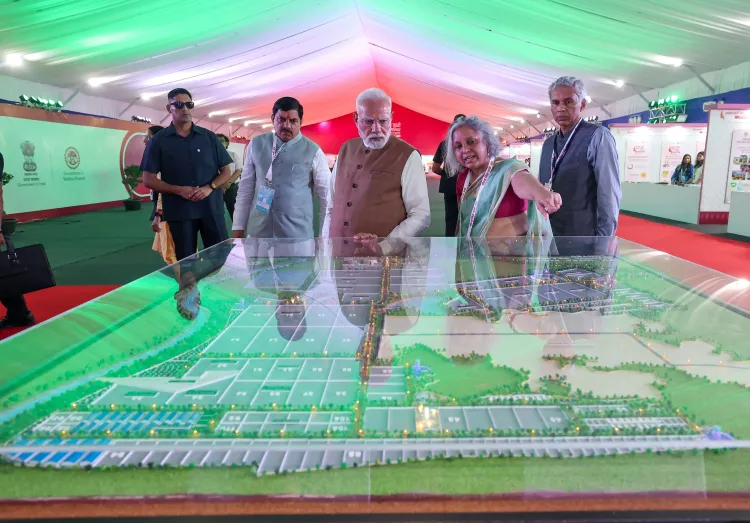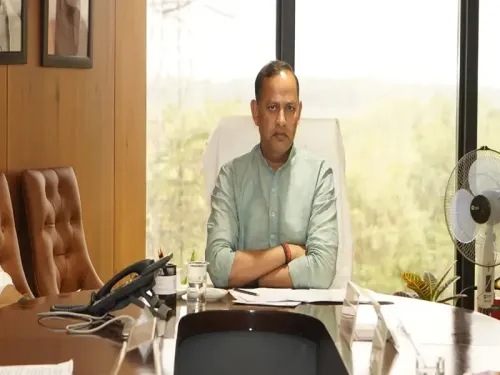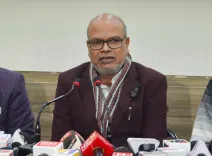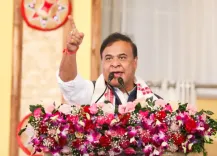Does History Remember Those Who Build Nations or Just Govern?

Synopsis
Key Takeaways
- PM Modi's 75th birthday sparks reflections on governance.
- Comparison with historical nation-builders emphasizes his leadership.
- Key policies include abrogation of Article 370 and GST.
- Mishra highlights Modi's personal austerity as a moral asset.
- 'Priest King' title reflects Modi's governance style.
New Delhi, Sep 17 (NationPress) As the nation celebrates Prime Minister Narendra Modi's 75th birthday, a multitude of greetings have poured in from various leaders and citizens. Prominent figures are sharing their reflections on his decade-long leadership through articles and videos.
Akhilesh Mishra, the CEO of a prominent think tank, has contributed an insightful article in a leading publication, comparing Modi to legendary leaders like Abraham Lincoln, Benjamin Franklin, Chandragupta Maurya, and Shivaji, emphasizing that their governance prioritized nation-building over mere administration.
“History remembers those who build nations, not those who merely govern. Consider Abraham Lincoln; his legacy lies not just in preserving the Union but in his unwavering stance against slavery, even at great personal risk. In a similar vein, Mr. Modi's initiatives aim at fortifying our nation,” he remarks.
Mishra praises landmark actions such as the abrogation of Article 370, the introduction of GST, and the Citizenship (Amendment) Act, affirming that PM Modi's focus has consistently been on nation-building and establishing a strong national framework.
He draws parallels between PM Modi and historical leaders who undertook significant decisions despite personal risks. “Franklin D. Roosevelt confronted the Great Depression with the groundbreaking New Deal. Similarly, Mr. Modi has often set aside electoral considerations for the greater good, particularly during the demonetisation of November 2016,” he states.
Mishra further explains that PM Modi's decision to ban certain currency notes went against popular electoral wisdom, especially in a politically significant state like Uttar Pradesh.
He elaborates that PM Modi's vision of a 'New India' resonates with the country's rich cultural heritage and aims to position India as a ‘Vishwaguru’ in the modern context.
Praising PM Modi’s personal austerity, Mishra notes that his lack of reliance on family or political connections adds to his moral authority, which strongly resonates with the common populace.
According to him, leaders are judged not only by their rhetoric but also by their actions, recalling the momentous consecration of the Ram Mandir in Ayodhya set for January 22, 2024, and how the title 'Priest King' aptly describes Modi's governance.
“PM Modi has never used his political power for personal gain; his approach is decidedly nation-first. That’s why opposition criticisms fail to gain traction, and people do not question his methods. The title of 'Priest King' fits him well,” he asserts.
Mishra concludes that PM Modi’s exceptional ability to view power as a means of service, rather than personal possession, defines his public persona.










